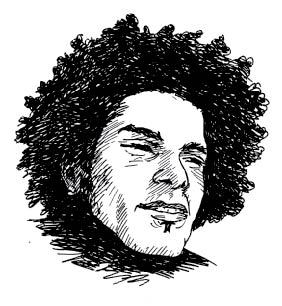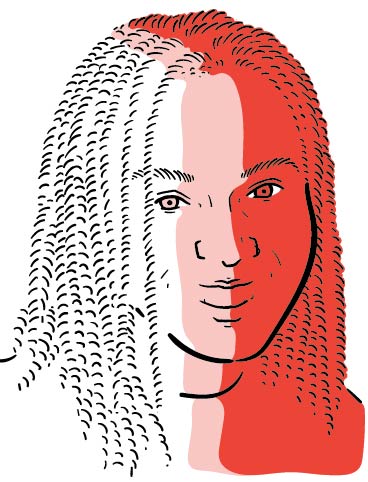In April 2019, Maxwell the musician was trilling on a piano to illustrate a point about human physiology and music. He was explaining that, when singing, he needs to feel as if he has access to an instrument in order to channel music out of himself. For the Grammy Award–winning singer, who already possesses a widely acclaimed instrument—his voice—this was an incredibly humble, though totally him, thing to say. That humility speaks to Maxwell’s personality and artistry. On the one hand, he is low-key, eschewing his own celebrity; on the other, he is adamant about his place in furthering soul music, and speaks boldly and forcefully about the musical tradition he comes from. Throughout our conversation, he frequently nodded to forebears like Prince, Marvin Gaye, P-Funk, and Sade. (A note about Maxwell’s name: if you haven’t already noticed, he uses a mononym.) As Maxwell demonstrates over the phone, expressing a certain kind of energy in one’s body and conveying it in feeling have historically and thematically been at the core of soul music, the genre he champions and practices within.
In “Talk to Me,” Joni Mitchell refers to Ingmar Bergman’s “Nordic blues”; the Brooklyn-born Maxwell, forty-six, makes music with shades of Nuyorican gray, brown, green, and pink—music that’s filled with nuance and the oft-surprising compromises of cohabitation: the kind made by lovers and by immigrants, and the sort creators forge when they fuse genres, sensibilities, and artistic impulses. The singer’s discography of slinky, sophisticated R&B has the arc of an oeuvre crafted by an eclectic maker, a person with an eye for the literary, the cinematic, and the sonic all at once. On the 2009 single “Bad Habits,” the repeating lyric “I can’t control the feeling” belies Maxwell’s project, which is about controlling a feeling such that you can write and then sing about it.
His first album, Maxwell’s Urban Hang Suite (1996), is a noirish, first-person detective story about a lover and his lady and the eponymous apartment they share. Released in 1997, the MTV Unplugged EP cemented his place in the falsetto singers’ pantheon, adding a new layer of meaning—from a man’s point of view—to Kate Bush’s hit “This Woman’s Work.” His sophomore studio record, the frequently misunderstood Embrya (1998), is an experimental album that charts an artist coming into his own, adding Trent Reznor–style vocal filters to Urban Hang Suite’s fat bass lines. Now (2001) was a mainstream hit underscored by ecstatic, progressive grooves. His next two full-length records, BLACKsummers’night (2009) and blackSUMMERS’night (2016), are full of mellifluous, emotionally murky funk and quiet storm blues, their titles seemingly crafted by...
You have reached your article limit
Sign up for a digital subscription and continue reading all new issues, plus our entire archives, for just $1.50/month.
Already a subscriber? Sign in






